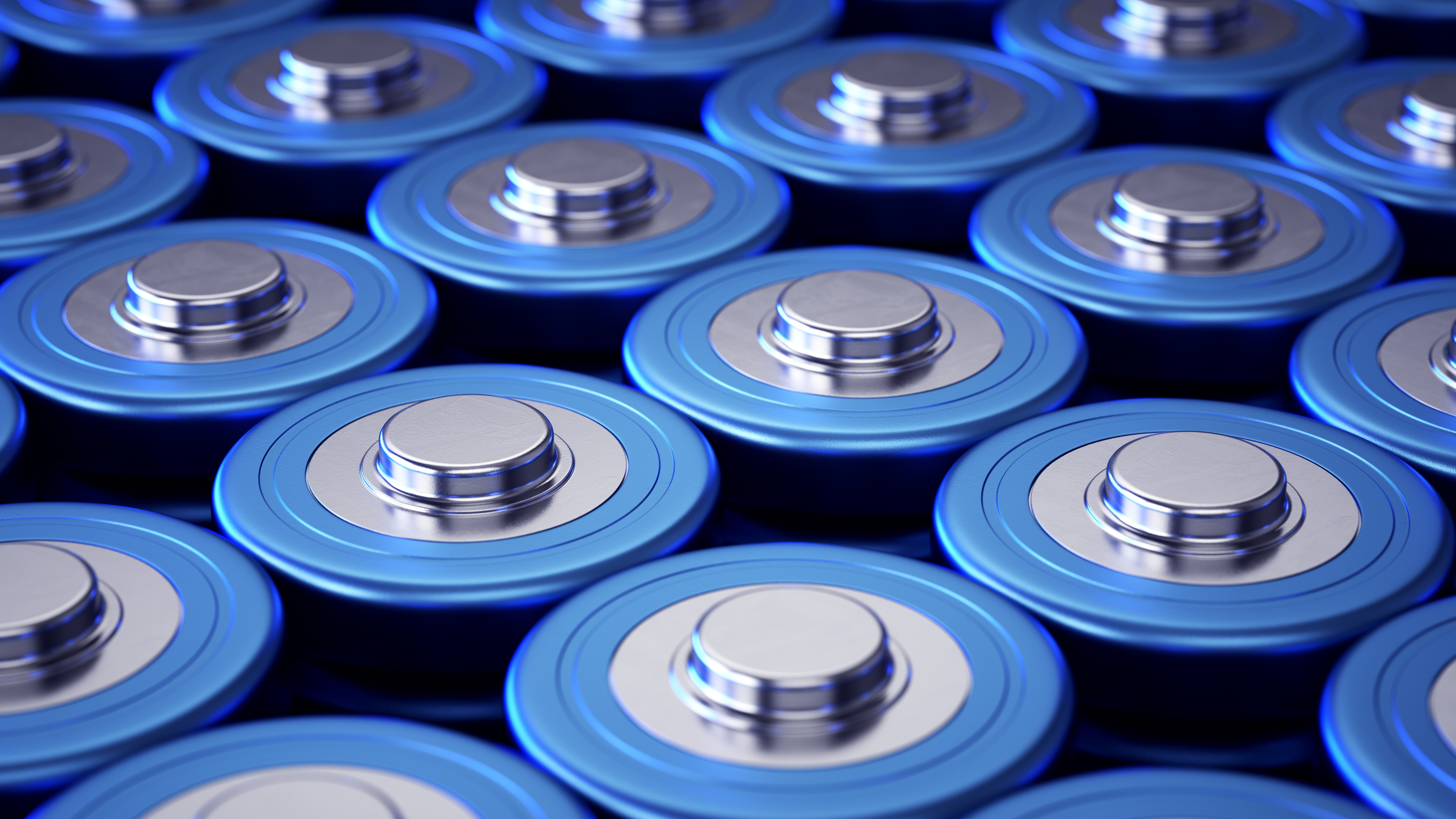
As the demand for graphene continues to increase, so does the desire to provide it in large quantities using environmentally friendly processes.
In an earlier post Green graphene - the pursuit of sustainability we described the push to provide scalable, cheaper, and green ways to manufacture graphene. These processes included the production of graphene from eucalyptus bark extract and using carbon dioxide as a starting material. A modification of the original process for manufacturing graphene that used scotch tape and graphite has also been disclosed that enables graphene to be produced on a much larger scale.
A new project seeks to take an even greater leap: a process that takes existing waste and turns it into large quantities of graphene that can be used in myriad other products including products themselves made from recycled materials.
Environmental benefits of a biorefinery
The Circular Biocarbon Project seeks to provide biorefineries that produce added value products, including graphene, from sewage sludge and the organic fraction of municipal solid waste (that’s things like food waste, tea bags, food-soiled paper and so on). At the present time these waste materials are either incinerated or sent to landfill. So, the environmental benefits of a biorefinery that can create useful products like graphene from such waste materials are clear to see.
In addition to graphene, it is envisaged that the biorefineries will produce decorative coatings, green photonic devices for 5G telecom technology and night vision cameras, biodegradable waste bags and soil mulch films, and fertilizers.
Initially two biorefineries are to be built in Zaragoza, Spain, and Sesto San Giovanni, Italy, with construction due to start in 2022. The plan is that the biorefineries will utilise a number of different technologies to treat mixed waste streams in order to provide the desired products.
The project has been awarded more than €23 million to develop the required biorefineries. The intention is that industrial sized biorefineries will be in operation by the end of the five-year project. The project has 11 partners, and these include both companies and universities.
This project is part of Europe’s larger “Circular economy action plan” that seeks to pave the way for a cleaner and more competitive Europe. The plan involves initiatives that relate to the entire life cycle of products: it promotes circular economy processes, encourages sustainable consumption, and aims to ensure that waste is prevented and that resources are kept in the EU economy as long as possible.
Ideas like this show that graphene production on an industrial scale is becoming a realistic goal in the circular economy. While it is not clear exactly what processing might be required in such a biorefinery to obtain useful graphene, it is important and revealing that graphene production is included their plans.
Matthew is a Partner and Patent Attorney at Mewburn Ellis. Working primarily in the chemical and materials science fields, he has significant experience of the intricacies of the EPO. Matthew advises and assists clients with all stages of drafting, prosecution, opposition and appeal before the EPO. Many of his clients are Japanese and Chinese businesses that are seeking European patent protection. These include multinational corporations in the fields of high-performance ceramics and carbon fibre technologies, as well as pharmaceutical and cosmetic companies. Matthew also works with several research institutions and university technology transfer departments across Europe.
Email: matthew.smith@mewburn.com
Sign up to our newsletter: Forward - news, insights and features
Our people
Our IP specialists work at all stage of the IP life cycle and provide strategic advice about patent, trade mark and registered designs, as well as any IP-related disputes and legal and commercial requirements.
Our peopleContact Us
We have an easily-accessible office in central London, as well as a number of regional offices throughout the UK and an office in Munich, Germany. We’d love to hear from you, so please get in touch.
Get in touch

